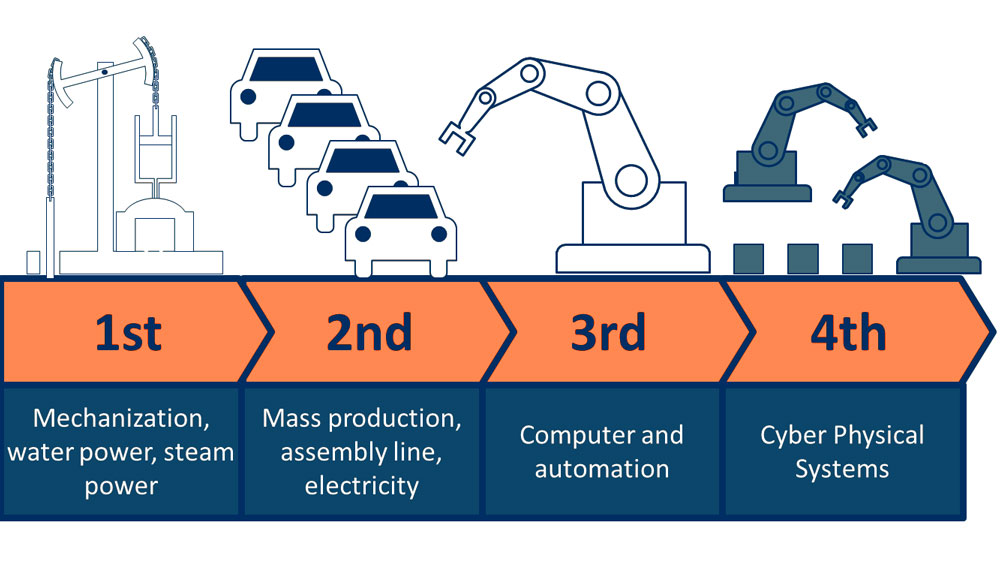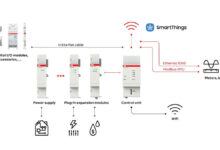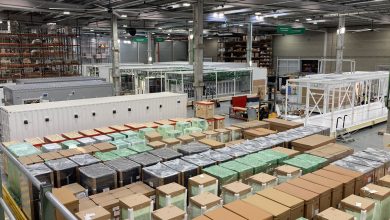Industrial Internet of Things: what, how and why?
The Internet is talking to me, should I talk back?
There’s a rather new concept floating around and if you had a tough time understanding the Internet, then the Internet of Things and Industrial Internet of Things might pose an even bigger challenge. Also, no final definition of these concepts has seen the light of day yet, even though people have been talking about them for quite some time.
Having access to the world through a device is yesterday’s news, but what if this device could connect to another device and ‘talk’ back and forth? That is gathering, working with and finally exchanging information even without active human intervention. Does this sound like a good idea for industry or/and everyday life? Connectivity, all around connectivity that is, seems to be what the future has in store for us.
The final definition of IoT will not be given by what it can do, but by what it can be made to do. Namely, connecting a couple of machines in a network to the internet is no big deal with today’s technology; the goal is to have them achieve something as a result of this interconnectivity. Anything or indeed everything could be sent through this channel, what matters is what we receive back.
From tracking the whereabouts of your cat to automatizing complex industrial processes, all could be done from this platform. As long as your device is connected to the internet and its configuration permits it to gather, send and process data, we could say that it is a part of the IoT.
All of this leads of course to a digital transformation. The field of interest for us is, as always, the industrial one. Bosch and SAS for example describe the IoT as more or less a system based on devices (be they wearable or big production machines) that are fitted with sensors that can gather data and intelligently act on it in order to produce new business models, new knowledge and finally as a result: new services.
Think about the Industrial Internet of Things as something less personal, more like large scale implications. The sectors that it usually covers are manufacturing, transportation, oil and gas, energy/utilities and many others which deal with big business solutions. It all started with the focus on optimization and automation and it’s expected that the whole of the Industrial Internet of Things market will reach USD 123.89 billion by 2021. Imagine this is a mix of machines, computers and human operators all working together with data in order to transform their business into something better.
The biggest industry to be impacted by this trend is manufacturing, also the biggest spender on software, hardware, services and connectivity. On second place we have the transportation sector, largely investing in advanced communication and monitoring systems. Last but not least, the energy and utilities sector focuses on oil and gas exploration and smart grid which is the key in supply and network transmission/distribution. Apart from the big three, it’s worth noting the application of Industrial Internet of Things in healthcare, robotics and mining.
Since we’re talking about internet and industry, another concept that hits home is Industry 4.0. Regarded as the 4th major industrial revolution it really is about the aforementioned digital transformation, a decided shift towards cyber-physical systems.
The real goal of this new concept is finally customization, presenting every industry with means to personalize production, servicing and producer/consumer interaction, apart from the already mentioned cost efficiency and innovative services. In this aspect the IoT serves as the binding interface between all these systems: cloud computing, big data, artificial intelligence, data communication, programmable logic controllers and many others.
But is everybody on board with this new era, or an even better question: why wouldn’t they be? Apparently, the reason is a lack of skills. Seeing as the digital revolution is already here, maybe it’s time to invest in better training strategies or even look outside the box, as strategic partnerships could provide access to all necessary know how. Another concern is that of security. In a free for all network you should be right to worry about who may have access to your data.







